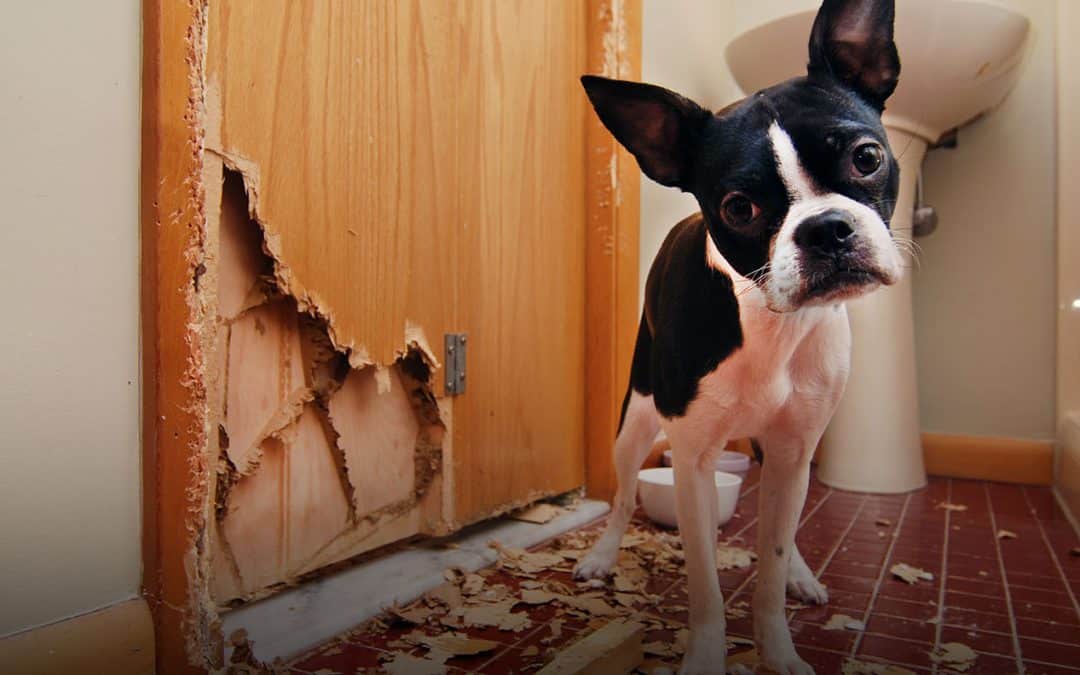After a cold, dark winter most people look forward to the sights and sounds of the spring. But with the warmer months also comes the potential for heavy rains, which can lead to slippery driving and property damage.
So what can a homeowner do to help avoid the hassle and expense of cleaning up after leaky roofs and flooded homes?
Maintain your gutters: Gutters and downspouts that don’t do their job will lead to trouble inside your home. It starts with cleaning your gutters of leaves and debris at least once a year. But if your gutter is leaky or damaged and you don’t want to buy and install a new gutter, you can patch it. According to HGTV, “Check the sources of any leaks, including holes in the gutters and cracked caulking in the seams. Use an old chisel to scrape the old caulking out and dry the area thoroughly.”
Invest in the roof over your head: A leaky roof leads to a leaky ceiling. No one wants to buy a new roof, so before you spring for a roofer you can inspect the damage before ever stepping on a ladder, according to Bob Villa. “Leaks can occur at any point where shingles butt, or where caulking and flashing have been compromised. End caps, the tent-shaped shingles that cover the angular peaks of the roof, can also be the source of leaks, so check those as well. If you discover shingle problems, which you can do from the ground with a good pair of binoculars, repairs may be an easy fix.” A professional may be required. If you do the job yourself, be very careful.
Beware of Mold: If water has led to mold, address it right away. It smells, rots the wood and can make you sick. But it’s also just bad for the value of your home. According to the Family Handyman, “If you have a high concentration of mold, you may smell it. If you detect the typical musty odor, check for mold on damp carpets, damp walls, damp crawlspaces and wet wood under your floors, wet roof sheathing and other damp areas. Clean up these infestations right away before they get worse. Scrub the surface mold stains from walls and wood trim with a mixture of 1 qt. water and 1/2 cup bleach to kill the mold. Use a soft brush and work until signs of the mold disappear.”
Know your policy: When it comes to water damage to your house it’s important to understand the difference between what’s covered and what isn’t under your homeowner’s policy. It’s covered if the damage is from water entering from a covered loss such as lightning or a windstorm. However, damage from a flood, surface or groundwater or back-up of sewers or drains is generally not covered. This would include water that seeps through the foundation and floods the basement. If you live in an area that floods, ask your MAPFRE agent or visit the National Flood Insurance Program.
Making simple fixes can save you from a lingering problem and costly repairs down the road. But never put yourself in a dangerous position. Consult with a contractor. And check with your independent agent before trouble strikes.



